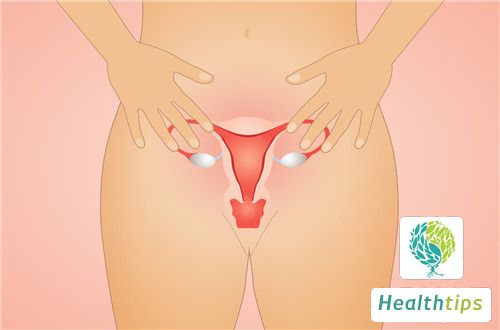Hysteroscopic adhesion surgery is a procedure used to treat and remove intrauterine adhesions. Post-surgery, the wound is susceptible to infection, thus patients should ensure proper disinfection of the wound area. Approximately six hours after the surgery, patients should gently turn over to prevent the recurrence of intrauterine adhesions. Adjusting diet is also crucial, with a focus on high-protein foods while avoiding seafood. Once the wound has healed, regular follow-up exams every six months are recommended to prevent the recurrence of intrauterine adhesions.
 Firstly, patients with intrauterine adhesions should engage in early activities post-surgery and maintain proper disinfection of the wound area to prevent inflammation and infection. Gentle turning over in bed within six hours after the surgery can help prevent the recurrence of intrauterine adhesions. As this condition has a high risk of recurrence, postoperative care and daily nursing measures are vital. Proper care can prevent disease recurrence and aid in recovery.
Secondly, dietary adjustments are essential for patients recovering from intrauterine adhesion surgery. Soft and nutritious foods should be chosen, while avoiding lamb and seafood. Green vegetables and fruits should be prioritized, as they provide essential micronutrients and promote bowel movements. Establishing a regular bowel habit is crucial to prevent the accumulation of toxins in the intestines, which can weaken the immune system and hinder wound healing.
Thirdly, patients must continue with wound disinfection post-surgery to prevent infection and inflammation. Regular dressing changes and follow-up exams, ideally every six months, are essential. In case of wound pain or redness, anti-inflammatory and analgesic medication may be prescribed. Depending on their recovery, patients can gradually increase physical activity.
Firstly, patients with intrauterine adhesions should engage in early activities post-surgery and maintain proper disinfection of the wound area to prevent inflammation and infection. Gentle turning over in bed within six hours after the surgery can help prevent the recurrence of intrauterine adhesions. As this condition has a high risk of recurrence, postoperative care and daily nursing measures are vital. Proper care can prevent disease recurrence and aid in recovery.
Secondly, dietary adjustments are essential for patients recovering from intrauterine adhesion surgery. Soft and nutritious foods should be chosen, while avoiding lamb and seafood. Green vegetables and fruits should be prioritized, as they provide essential micronutrients and promote bowel movements. Establishing a regular bowel habit is crucial to prevent the accumulation of toxins in the intestines, which can weaken the immune system and hinder wound healing.
Thirdly, patients must continue with wound disinfection post-surgery to prevent infection and inflammation. Regular dressing changes and follow-up exams, ideally every six months, are essential. In case of wound pain or redness, anti-inflammatory and analgesic medication may be prescribed. Depending on their recovery, patients can gradually increase physical activity.




















